T4K3.news
AI use linked to lower colonoscopy detection in Polish study
A Polish study finds AI assisted colonoscopy detected fewer precancerous lesions than unaided exams, prompting calls for careful rollout.
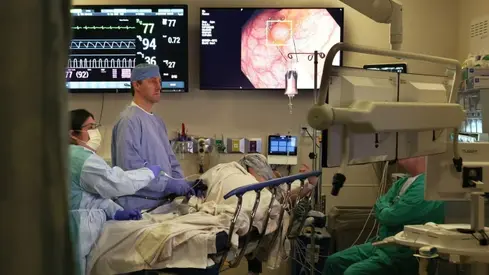
A Polish study raises questions about real world AI use in colonoscopy
AI in colonoscopy risks undermining clinician skills
A study of 1,400 patients in Poland, published in The Lancet Gastroenterology & Hepatology, found that endoscopies with AI assistance detected fewer precancerous growths than unaided exams. The non AI detection rate fell from 28.4% to 22.4% after AI adoption, while AI assisted procedures detected 25.3%. The authors note limitations and call for further behavioural research.
The study is observational and cannot prove AI caused the drop. Researchers urged more work to understand how regular AI exposure might affect clinicians. Independent experts cautioned that the findings were surprising and should guide careful real world implementation rather than blind adoption.
Key Takeaways
"Human judgment will need to be available when AI outputs are uncertain or incorrect."
Ahmad on the need for human oversight in AI assisted endoscopy
"The endoscopy community would be unwise to ignore the key findings of this study."
Ahmad on the study implications for practice
"Over-dependence on AI can drift performance."
Editorial note on potential AI related skill drift
"We must be more mindful about implementation in real world practice."
Ahmad on practical rollout of AI in medicine
The result challenges the assumption that AI will always boost performance. It hints at a possible drift in human attention or reliance on AI cues. The finding urges designers of medical AI to consider how interfaces shape decision making and to preserve human oversight in the workflow.
Policy response may include safeguards such as non AI practice periods and ongoing performance monitoring. The study's limits mean more robust trials and behavioural research are needed before wide spread use in high stakes tasks.
Highlights
- Human judgment will need to be available when AI outputs are uncertain or incorrect.
- The endoscopy community would be unwise to ignore the key findings of this study.
- Over-dependence on AI can drift performance.
- We must be more mindful about implementation in real world practice.
AI in endoscopy study raises concerns about clinician skills
An observational study from Poland indicates AI assistance may reduce detection rates in endoscopy. The non random design limits causal conclusions and highlights the need for behavioural research and safeguards to maintain human skills during AI adoption.
Technology should serve patients not replace clinicians
Enjoyed this? Let your friends know!
Related News
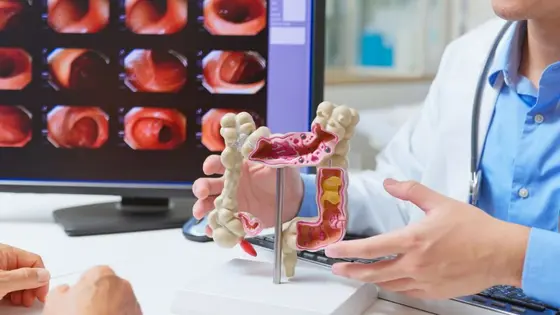
Colorectal cancer screenings expand as cases rise
Pixel Watch 4 upgrades arrive at same price

ExoPatch melanoma test moves closer to home use
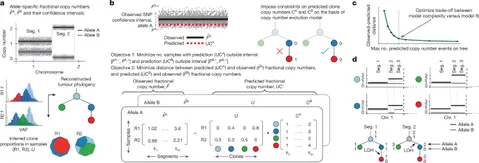
ALPACA reveals lineage driven copy-number evolution in lung cancer
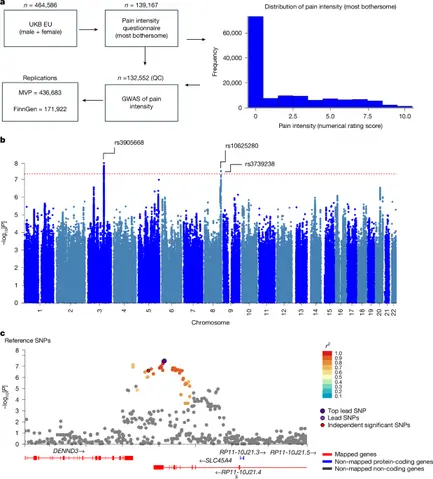
SLC45A4 and pain link discovered
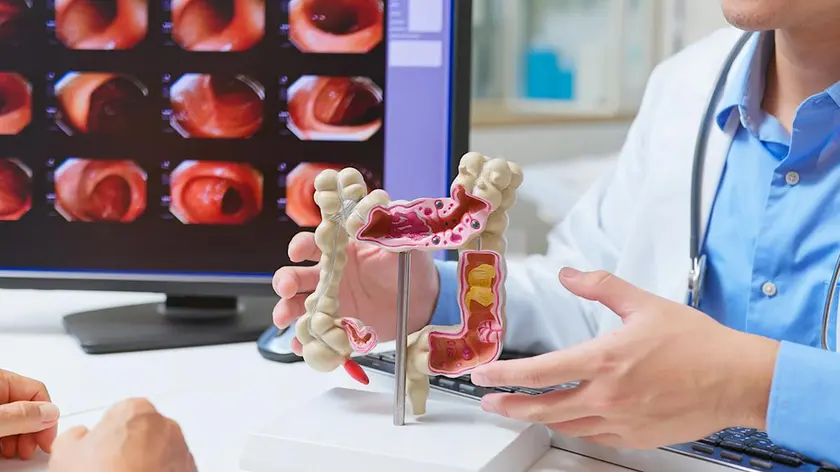
Colorectal cancer rises in younger adults as screening guidelines expand

Study Links Gut Health to Chronic Fatigue and Long COVID

AI Diet Shows Promise in Reducing Dementia Risk
